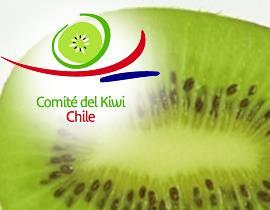
The Chilean Kiwifruit Committee has confirmed the reported spread of the kiwifruit vine bacteria Psa in the South American country but has assured that the disease is not out of control.
“Certainly, it is a serious phytosanitary event,” explained committee manager, Carlos Cruzat, in a press release.
“We cannot and would not deny that Psa has spread in Chile, but at this moment only 30 orchards in the country are Psa positive and 28 of them are in the same region, Maule, which accounts for 45 per cent of Chile’s kiwifruit production.
“It is a difficult bacteria to contain, but at this point, we feel we are working in the right way to keep it under control.”
The committee said that Chile’s public and private sectors are collaborating to ensure that the spread of Psa is curtailed.
“We have had an action plan in place since 2010,” Cruzat pointed out. “Two years ago, we found the first incidence of Psa in a Chilean orchard and immediately the government created a resolution to implement measures designed to contain the bacteria.”
In 2011, a further five kiwifruit orchards in Chile were tested positive for Psa and this year that number has risen to 30.
However, Cruzat points out that the increase was expected and is not dramatic.
“The issue is that the spread is mainly in a zone where there is a lot of production, so more work needs to be done on the part of the government and growers to contain it.
“Psa is an extremely aggressive bacteria, but it is important to understand that it does not affect the quality of the fruit we export, nor does it present any risk to the health of consumers.
“It is a canker that affects kiwifruit vines and a lot of our focus has therefore been on cutting its impact off at source.”
The committee said all of Chile’s kiwifruit nurseries are being inspected regularly and any nursery that has been infected by Psa has been ordered to destroy all genetic materials and plants immediately.



